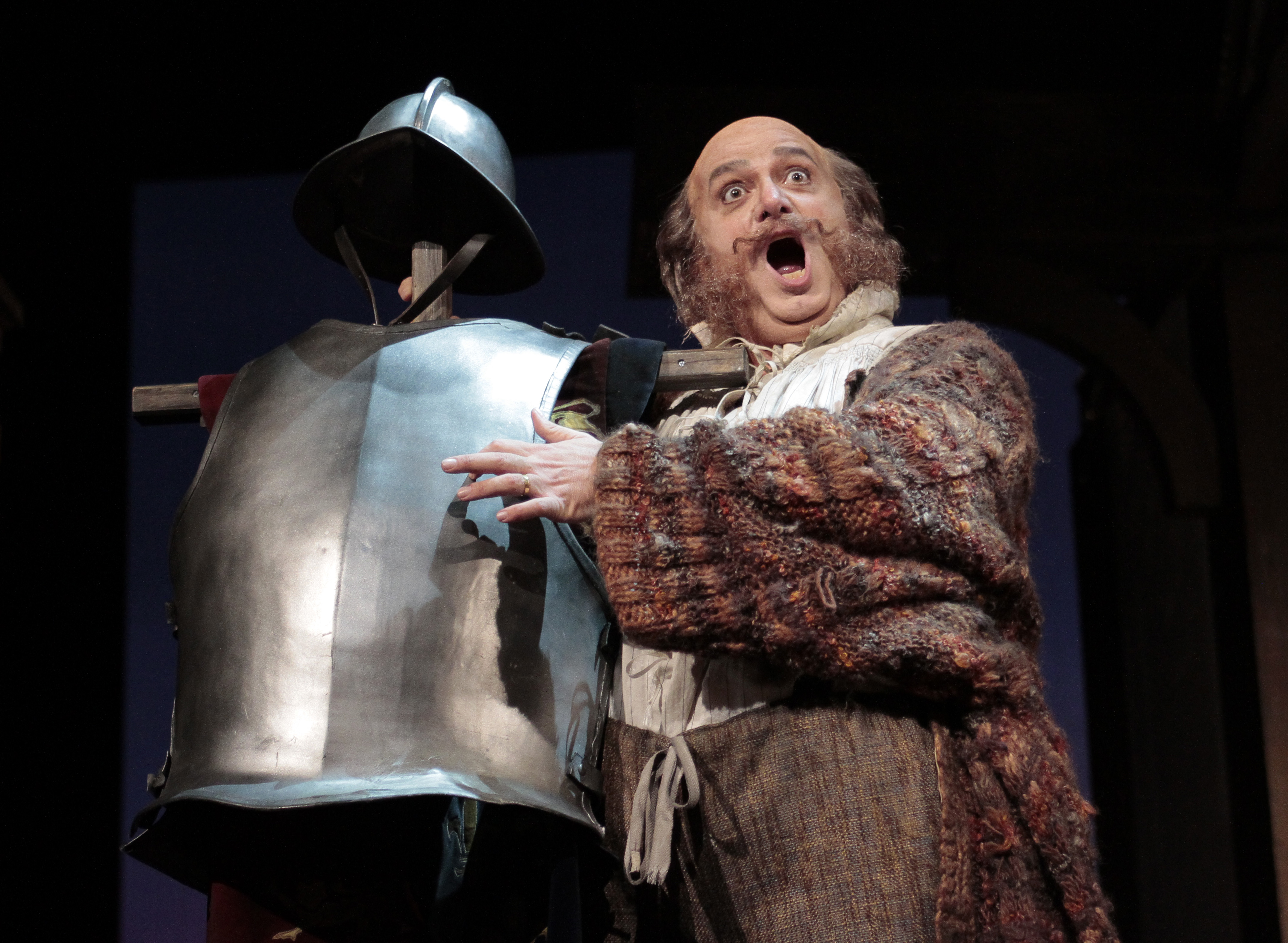Never-Failing Falstaff
By archaicpress@gmail.com / on December 1st, 2013 / in ARCHAIC PRESS, EntertainmentBy Ryan Wallace
Celebrating Giuseppe Verdi’s 200th birthday in the only appropriate way, the LA Opera orchestrated an elegantly humorous production of Falstaff as part of their Off Grand Series last Tuesday November 26, at the Renée and Henry Segerstrom Concert Hall in Costa Mesa. Paying homage to the “crown jewel of 19th century Italy”, the LA Opera led by Maestro James Conlon introduced patrons of the arts and locals alike to Giuseppe Verdi’s operatic genius, in an evening of melodic comedy.
As part of the Off Grand Series, the evening of Shakespearean-style opera not only offered guests a timeless comedic performance and passionate musicality, but also a bit of a history lesson on the man behind the opera. The main purpose of the series, as laid out in an initiative developed in 2012 , is “to bring LA Opera performances to a wider geographical area, increase audience diversity, and expand the range of experiences for the Company’s existing attendees” and this performance of Falstaff did just that. Prior to performance, Maestro James Conlon, who also serves as Music Director for the LA Opera, gave a brief preview talk to introduce the audience to the piece they were about to witness. Historically significant, and a difficult piece of music to traverse, Falstaff was the topic of conversation as Conlon helped audiences delve deeper into Verdi’s noteworthy career.
Known quite simply as an artistic savant, Giuseppe Verdi changed the course of opera forever. Twisting the traditional roles of the chorus and the orchestra Verdi “took the melodrama and transformed Italian tradition” Conlon said. Imposing himself onto the art form “he emancipated the orchestra from the accompaniment function, reigned the singers in, and began to take away the closed form.” Working without a model, Verdi was tasked with finding a new way to portray music and a new method of constructing an opera—a task in which he excelled. Reinventing a Shakespearean favorite of Queen Elizabeth, Falstaff gave “Verdi the opportunity to surpass Shakespeare” Conlon said.
A tale of the portly, narcissistic knight Falstaff and his misadventures with the Merry Wives of Windsor, the opera is a timeless interpretation of a Shakespearean comedy. As a paladin turned pauper, Falstaff devises a plan to improve his social standing and love-life in one fell swoop. Attempting to swoon two of the merry wives of Windsor, and coincidentally two of the richest women in wealth and virtue, Falstaff fails time after time as the women turn the tables in this matriarchal comedy. But behind the slapstick comedy, an orchestra and choir tackle a score that is as difficult as it is balanced.
Following the model Verdi set forth, the LA Opera holds both the voices and the orchestra on equal levels. Boisterous voices of the male leads contrast the mezzo-soprano musings of the Merry Wives of Windsor. And with an orchestra that is predominantly composed of violins and woodwinds, there is a great balance achieved between instrumentals and voices. The French horns, although be I impartial in their favor, gave the piece depth in sound and a timbre that is irreplicable by any other portion of the orchestra or the vocalists. Although Falstaff has come to be a classic, Maestro James Conlon did not disappoint in a modern concert homage to Verdi. Bold, difficult and replete with citations to Verdi’s other works, this performance of Falstaff is the perfect introduction to the world of opera—leaving you clamoring for more.
Catch it’s final performance this Sunday December 1, 2013 at the Dorothy Chandler Pavilion in Los Angeles.
Photos Courtesy of Robert Millard with the LA Opera
